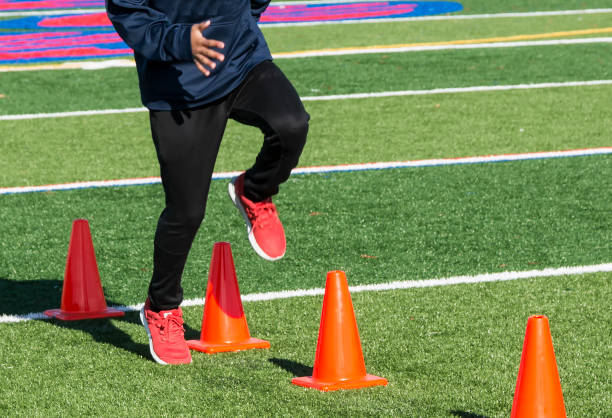The Unseen Aspect of Sports: The Science of Recovery
This article delves into an often overlooked area in sports: recovery. While training and performance get the limelight, understanding the science of recovery can make a significant difference in an athlete's career. From the history of recovery methods to the latest research-backed strategies, we will explore the importance of recovery in sports and how it shapes athletes' performance.

The Genesis of Recovery Science
The concept of recovery in sports isn’t new. Ancient Greek athletes were known to take baths in hot springs to soothe their muscles after rigorous training. However, it wasn’t until the 20th century that recovery science started gaining momentum. The advent of sports science as a discipline led to a better understanding of the physiological demands of sports and the need for effective recovery strategies.
Modern Recovery Techniques: A Blend of Science and Technology
Today, recovery science has evolved significantly. The traditional methods like massages, hot baths, and good night’s sleep still exist, but modern techniques take a more scientific approach. Cryotherapy, compression garments, and advanced physiotherapy techniques are some examples of how science has revolutionized recovery in sports.
The Science Behind Recovery: Why It’s Crucial for Athletes
The importance of recovery for athletes can’t be overstated. Intensive training and high-pressure matches put a tremendous amount of stress on athletes’ bodies. Without proper recovery, athletes risk injuries, diminished performance, and long-term health issues. Research shows that effective recovery strategies can reduce muscle fatigue, enhance performance, and prolong athletes’ careers.
The Challenges in Recovery Science
Despite its importance, recovery science faces several challenges. Each athlete is unique and what works for one may not work for another. Hence, individualizing recovery strategies is crucial but can be a daunting task. Moreover, misconceptions about recovery often lead athletes to adopt ineffective or harmful practices.
The Future of Recovery in Sports
As sports science continues to evolve, the future of recovery looks promising. With advancements in technology and medicine, we can expect more effective and personalized recovery strategies. However, the key to maximizing these advancements lies in education. Athletes and coaches need to be aware of the importance of recovery and how best to implement it.
In conclusion, the science of recovery is an incredibly important aspect of sports that often goes unnoticed. A deeper understanding of recovery can not only enhance performance but also contribute significantly to the health and longevity of athletes. It’s high time we shed more light on this unseen aspect of sports.




